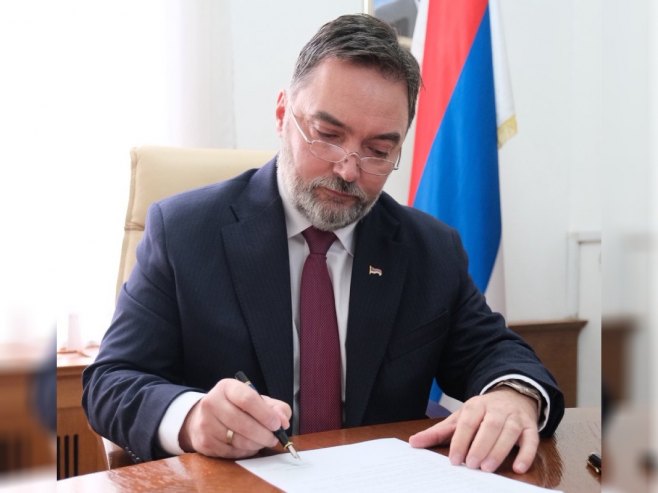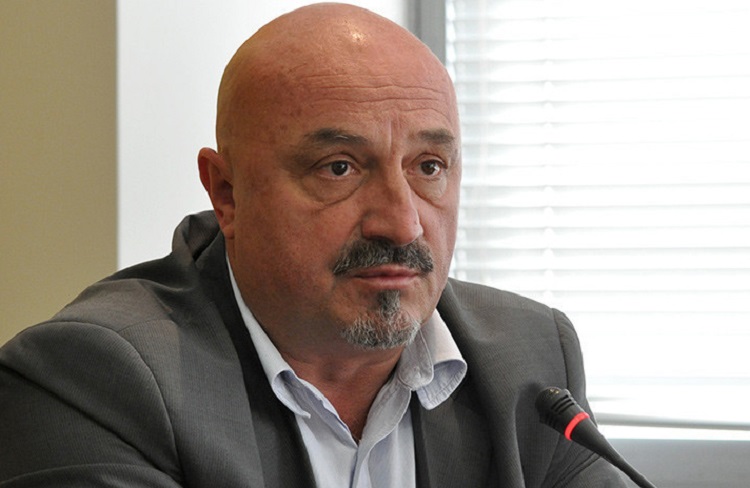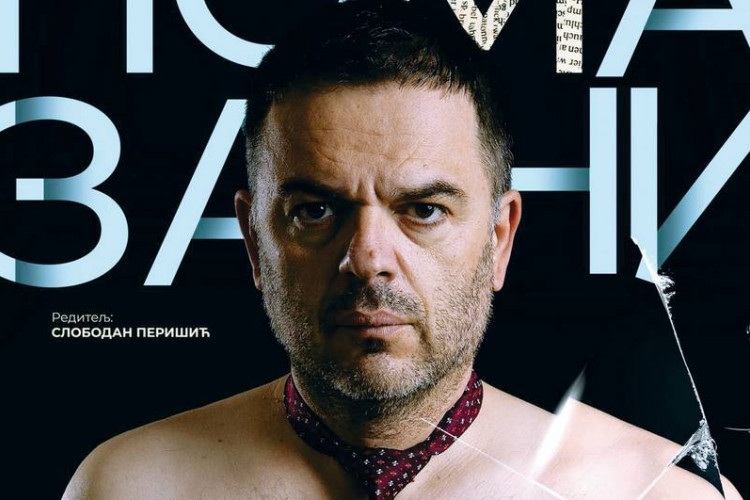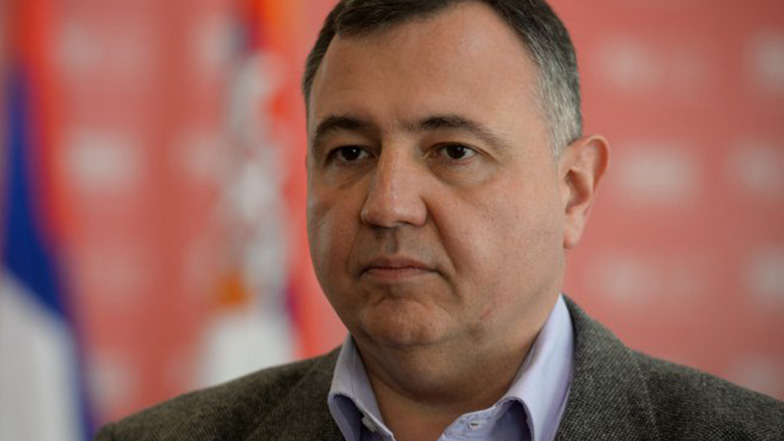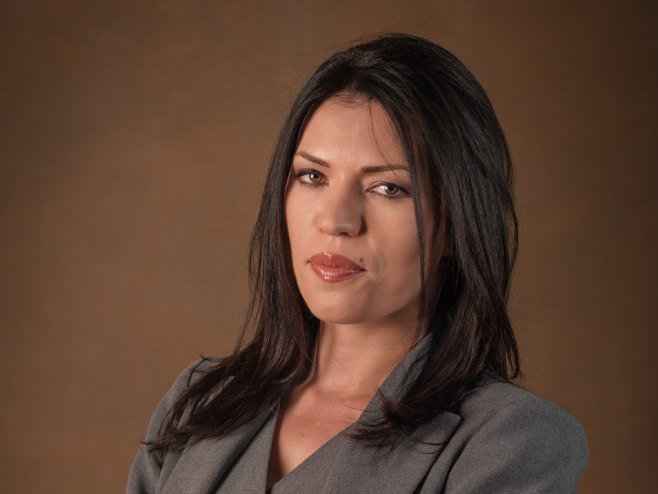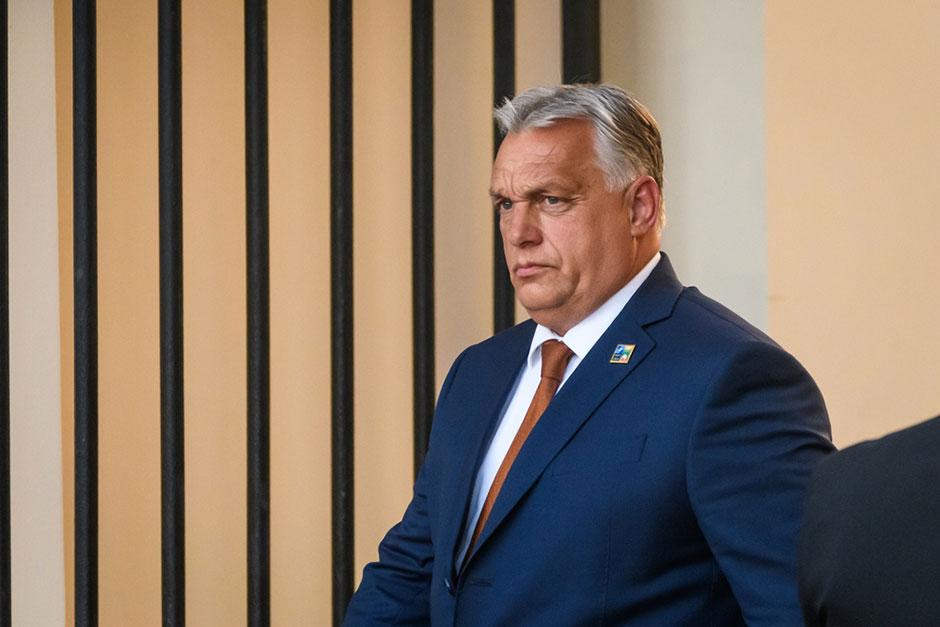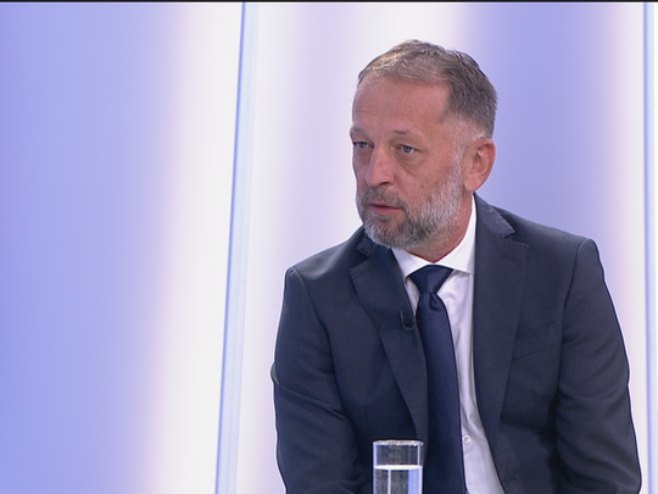Lawyer Goran Petronijević stated that the proceedings before the appellate panel of the Court of BiH regarding the decision of the CEC to annul the mandate of the president of Republika Srpska, Milorad Dodik, and the procedure before the Constitutional Court, are necessary steps for the defense team to correct, as he says, the “mess” created in BiH before the International Court of Human Rights.
Petronijević noted that they expect these proceedings to be completed, although they are not overly optimistic. He emphasized that some courts could recognize the problem and prevent such cases from being sent to the international community, so it becomes clear how much law has been violated in BiH and how precedents have been made to the detriment of both international and domestic law.
When asked about the legitimacy of Christian Schmidt, Petronijević said that this issue will be one of the points to prove the violation of Dodik’s rights, both as an individual and as the president of Republika Srpska. One of the arguments will be that Schmidt is not a high representative, but a self-proclaimed official who, without a decision of the Security Council or a UN resolution, assumed that position and created chaos in BiH.
He added that activities will run in parallel with the international community, that is, with countries that understand the situation, such as Hungary, Slovakia, and Serbia. Petronijević stressed that these countries have officially stated that they do not recognize or accept the illegal decision of the Court of BiH, which was made based on a law enacted by a single individual who had no authority.
The lawyer criticized Schmidt, pointing out that he is deliberately working to undermine BiH and create a constitutional and general crisis that could have serious consequences. According to him, Schmidt is directly responsible for the current situation, and Serbs, Bosniaks, and Croats, as well as both entities, could make decisions more easily that would be beneficial for the survival of BiH as an internationally recognized state.
Petronijević reminded that BiH is an example of a country that has not been able to achieve reconciliation and coexistence for over 30 years, and that the destructive factor is part of the international community, namely the role of the so-called “high representative.” He also cited similar processes in the US and Europe, including cases against politicians in France, Germany, Austria, Slovakia, Hungary, Romania, and Moldova.
Regarding the potential resolution of the crisis in BiH and a return to the original Dayton Agreement, Petronijević stated that Serbs and Croats, as well as the entity Republika Srpska, support adherence to the original Dayton Agreement, while the part of the federal entity and the Bosniak side favor maintaining illegitimate Dayton amendments. He emphasized that this situation violates the democratic principle, where the majority should decide.
- Remember the first referendum on the separation of BiH from Yugoslavia. Croats and Muslims outvoted the Serbs, who could not vote according to their own will, which led to war – concluded Petronijević.
Source: RTRS
